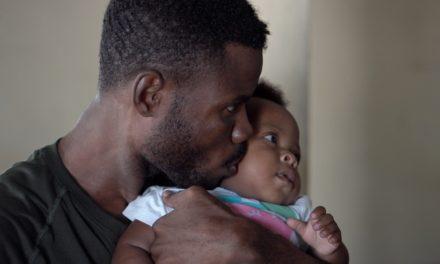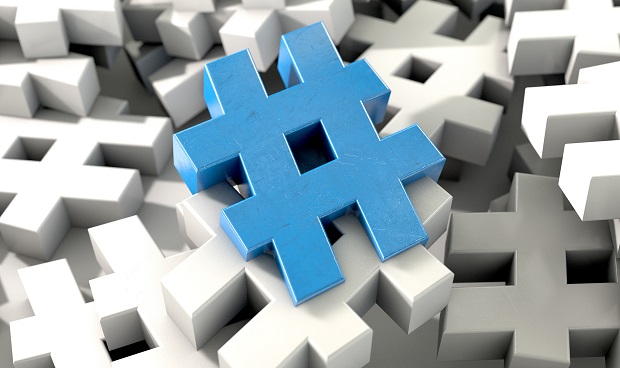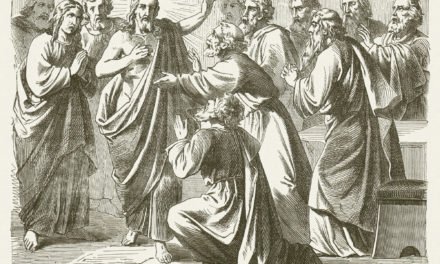
It’s 2018. To say someone is the first to do anything at this point is rare. The same falls true for black musicians and their ties to social activism. There are far too many artists to highlight. So, during this Black History Month, I’ve chosen to focus on one young artist that has stood out to me since his emergence into hip-hop – not solely because of his music, but also because of his activism and his community service.
Do you hear me, do you feel me? We gon’ be alright (Lamar, To Pimp a Butterfly, 2015)
Kendrick Lamar has an opinion and a voice that he has shown time and time again that he is not afraid to use and broadcast. Most recently, he earned the amazing opportunity to co-produce the soundtrack album for Marvel’s Black Panther – which, if you have yet to see it, I do highly recommend. John Pareles, of the New York Times, states that, “All the symbolic weight attached to Black Panther— extends to ‘Black Panther the Album’.”
Kendrick is known for using symbolism in his music, his videos, and his performances. You may recall his 2016 Grammy performance where he unapologetically shone a light on the issue of mass incarceration in the United States—an issue that is largely invisible to most of us. Kendrick started his performance in shackles as part of a chain gang and finished with a performance that literally set the stage on fire. This year, Kendrick opened the Grammy’s with another show stopper, and he received a standing ovation. During an interlude of his performance, Dave Chapelle made a surprise appearance where he stated, “I just want to remind the audience that the only thing more frightening than watching a black man be honest in America is being an honest black man in America.”
Kendrick has gotten a lot of praise for his music, and rightly so. In fact, his 2016 hit single Alright has been labeled, “the anthem of the modern civil rights movement.” It’s joined socially-conscious hits like Nina Simone’s “Mississippi Goddam” and Billie Holiday’s “Strange Fruit” as bigger than music. See the interactive timeline at the end of this post from TakeLessons for more black musicians whose songs transcended musicality to speak to the social concerns and the popular culture of the time.
What do you stand for? Are you an activist? (Lamar, Black Panther, 2018)
It’s no secret that Kendrick Lamar uses his platform to seek change and make an impact. He uses his platform to show injustice, speak to inequality, and keep the reality of discrimination at the forefront. But, one may ask, in addition to his music, what other actions does he take to make a change? Well, Kendrick gives back to marginalized communities across the world. He has shown that his hometown of Compton will always have a special place in his heart, but it is not the only benefactor of his generosity. So, here’s a list of a few ways that Kendrick has helped others:
- Kendrick visited High Tech High School in June of 2015 where he listened to students’ slam poetry, gave feedback on their work and threw a surprise performance. (link:
- He donated $50,000 to Compton’s Centennial High School music program.
- In 2015 the California State Senate honored Kendrick with the 35th Senate District’s Generational Icon Award for his thousands of dollars in donations to after-school programs in Compton.
- In 2016, Kendrick brought a group of high school students from his alma mater to the Grammys.
- In 2014, he embarked on a world tour for charity.
- In 2018, Kendrick Lamar sent 1,000 kids to see Black Panther.
Who is your favorite musician or artist, and how do they transcend their music to create or support a movement of inclusion and equity?

Source: TakeLessons.com


















